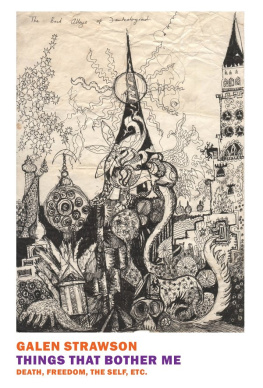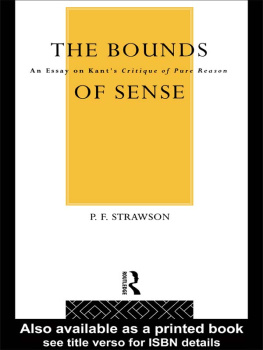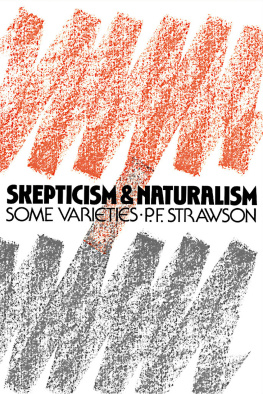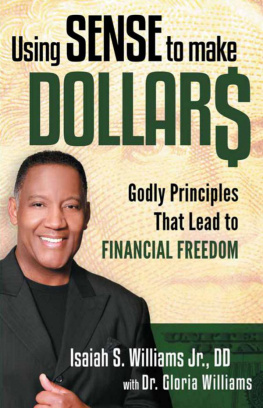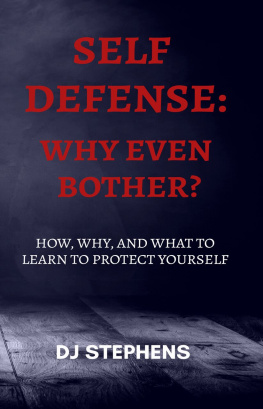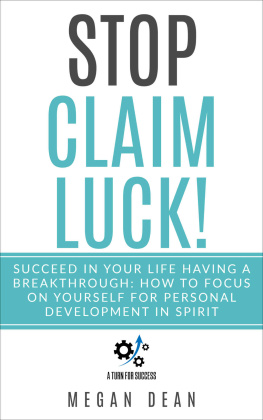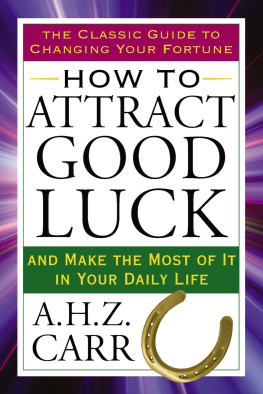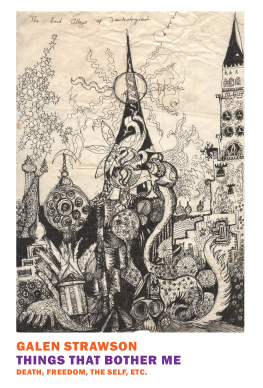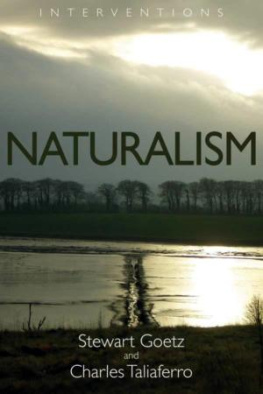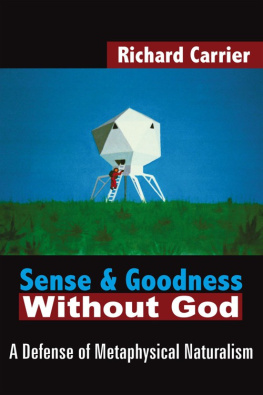Strawson - Things That Bother Me: Death, Freedom, the Self, Etc.
Here you can read online Strawson - Things That Bother Me: Death, Freedom, the Self, Etc. full text of the book (entire story) in english for free. Download pdf and epub, get meaning, cover and reviews about this ebook. City: New York, year: 2018, publisher: New York Review Books, genre: Religion. Description of the work, (preface) as well as reviews are available. Best literature library LitArk.com created for fans of good reading and offers a wide selection of genres:
Romance novel
Science fiction
Adventure
Detective
Science
History
Home and family
Prose
Art
Politics
Computer
Non-fiction
Religion
Business
Children
Humor
Choose a favorite category and find really read worthwhile books. Enjoy immersion in the world of imagination, feel the emotions of the characters or learn something new for yourself, make an fascinating discovery.
Things That Bother Me: Death, Freedom, the Self, Etc.: summary, description and annotation
We offer to read an annotation, description, summary or preface (depends on what the author of the book "Things That Bother Me: Death, Freedom, the Self, Etc." wrote himself). If you haven't found the necessary information about the book — write in the comments, we will try to find it.
Strawson: author's other books
Who wrote Things That Bother Me: Death, Freedom, the Self, Etc.? Find out the surname, the name of the author of the book and a list of all author's works by series.
Things That Bother Me: Death, Freedom, the Self, Etc. — read online for free the complete book (whole text) full work
Below is the text of the book, divided by pages. System saving the place of the last page read, allows you to conveniently read the book "Things That Bother Me: Death, Freedom, the Self, Etc." online for free, without having to search again every time where you left off. Put a bookmark, and you can go to the page where you finished reading at any time.
Font size:
Interval:
Bookmark:
Things That Bother Me
Death, Freedom, the Self, Etc.
GALEN STRAWSON
 New York Review Books New York
New York Review Books New York
This is a New York Review Book
published by The New York Review of Books
435 Hudson Street, New York, NY 10014
www.nyrb.com
Copyright 2018 by Galen Strawson
All rights reserved.
Cover illustration: Simon Halliday, The Back Alleys of Fantastograd, c. 1967
Cover design: Katy Homans
Library of Congress Cataloging-in-Publication Data
Names: Strawson, Galen, author.
Title: Things that bother m. : death, freedom, the self, etc. / by Galen Strawson.
Description: New York Cit. : New York Review Books, 2018. | Series: New York Review books classics
Identifiers: LCCN 2017052996 (print) | LCCN 2018001597 (ebook) | ISBN 9781681372211 (epub) | ISBN 9781681372204 (alk. paper)
Subjects: LCSH: Philosophy, British20th century. | Philosophy, British21st century.
Classification: LCC B1667 (ebook) | LCC B1667 .S3771 2018 (print) | DDC 192dc23
LC record available at https://lccn.loc.gov/2017052996
ISBN 978-1-68137-221-1
v1.0
For a complete list of titles, visit www.nyrb.com or write to:
Catalog Requests, NYRB, 435 Hudson Street, New York, NY 10014
To M. M.
M OST OF THESE PIECES are attempts to find better ways of expressing thoughts drafted initially for an audience of professional philosophers. I wrote the first in 1995, the last in 2016. Two appeared in the London Review of Books (The Sense of the Self, 1996 and Real Naturalism, 2013), two in The Times Literary Supplement (Luck Swallows Everything, 1998 and A Fallacy of Our Age, 2004). You Cannot Make Yourself the Way You Are was first published in The Believer in March 2003; it covers a lot of the same ground as Luck Swallows Everything in a more informal manner. The Silliest Claim is a shortened version of the 2017 Isaiah Berlin Lecture given at Wolfson College, Oxford, under the title A Hundred Years of Consciousness: A Long Training in Absurdity. The Unstoried Life was written for a collection called On Life-Writing, edited by Zachary Leader (Oxford University Press, 2015). A brief version of I Have No Future was published in Philosophy Now in 2007. Two Years Time first appeared in Aret in 2016 under the title Whisper, Memory.
Ive adjusted most of these pieces in minor respects, and Ive imported a number of sentences from other work. They dont hang grandly together, but they connect in potentially useful ways, and Im extremely grateful to Edwin Frank at New York Review Books for inviting me to collect them in one place. They overlap directly at certain points, which might have been a fault if the book were meant to be read straight through; but it isnt. I give the sources of the numerous quotations at the end of the book.
published every day.
Ive talked or corresponded with many, many people who have helped me to think about these matters, including Miri Albahari, Andrea Ashworth, David Auerbach, Anita Avramides, Julian Barnes, Barry Dainton, Daniel Dennett, Rosemary Dinnage, Francis Duncan, Owen Flanagan, Jerry Fodor, Helen Frowe, Rebecca Goldstein, Mark Greenberg, Simon Halliday, Paul Harris, Aaron Hauptman, Robyn Hitchcock, Mark Johnston, Jean Knox, Robert Kuhn, Douglas MacLean, Avishai Margalit, Annalena McAfee, Ian McEwan, Michelle Montague, Iris Murdoch, Thomas Nagel, Redmond OHanlon, Derek Parfit, David Pears, Philip Pettit, Antonia Phillips, Amlie Rorty, John Ryle, Marya Schechtman, Claude Silvestre, Michael Smith, David Sosa, Patrick Stokes, P. F. Strawson, Charles Taliaferro, Rosemary Twomey, Samantha Vice, Kathy Wilkes, Susan Wolf, Paul Woodruff, and Dan Zahavi. Im also grateful to Susan Barba, Daniel Drake, Sara Kramer, and Gregory Nipper for expert help at the copyediting and proofreading stages.
S OME OF US get hold of the idea of infinity when were very young. Its not that rare, especially among children who love numbers; it happened recently to one of my grandsons. Infinity is troubling at any age, especially if it leads on to the notion of eternityas it so easily canand then links to the idea of deathas it so naturally does. But I think it may strike with unique force in childhood. This, in any case, is what happened to me, by the time I was four, although there hadnt been a death in my family, and although it was, in child-time, long before the school friend to whom I was engaged to be marriedshe and I were fiveopened one of the back doors of her parents Morris Traveller, fell out, and was killed. I cant gauge the effects of a three-day (i.e. quasi-eternal) hospitalization when I was twenty-two months old, when no member of my family was allowed to visit, although Im told they may be grave. It probably didnt help that I had a nonreligious upbringing. But what was worst was that I always had great difficulty sleeping, lying alone in the dark in a sagging army camp bed at the top of a large, cold house that belonged to my fathers college, with a vast, quarrelsome galvanized iron water tank outside my door, my brother and sister asleep on the floor below, and my parents two long flights of stairs (twenty-one stairs, then sixteen) away.
I thought about death almost every night, the eternal future nonexistence not only of myself but also of my family. I describe the terror briefly on page 71. Much later, in my one relatively brief period of psychotherapy, I found myself informing the therapist that I was brought up by death. It seems absurdly melodramatic, but I think it conveyed something correct. Death was the great theme of my childhood, persisting into young adulthood. I was worried by the fact that St. Giless Churchyard in Oxford, a hundred yards down the road from our house, appeared to be full up, for although I knew that it wouldnt make any difference to the eternal nonexistence of death, I wanted my family to be buried in one place for the long haul.
I often imagined, when very young, a fairy who would grant any wish. Perhaps all children do this. I knew that it would be a mistake to wish that all my future wishes be grantedin fairy stories, greed invariably backfires. I also knew that it would be no better to ask that just three wishes be grantedalthough I was tempted to give it a try. So my wish was always the samein spite of the lure of the idea of an infinitely productive sweets machine. My wish was to be able to go to sleep when I wanted.
A childish fixation on death is uncommon, like left-handedness or red hair, but not exceptional, as I found out in 1974 when I got hold of The Discovery keep up the crying long enough to be heard), I would always invent a rote nightmare about being pursued by wolves. My reason for not telling my parents my thoughts about death and eternity was that although I knew I was right, I didnt want to hear it from them.
I tried to recruit the knights in armor in my wallpaper to defend me, but they had no arms against eternity. I regularly rehearsed a story in my head about a boy who lived with his mother in a large toadstool (red with white spots), in order to try to block thoughts about death. The story was unsurpassably dull. The boy would set off for school or come back from schoolI dont remember anything else. But I had and have no fictional imagination, and I couldnt keep it up for long.
Death, then, was the first of the things that deeply bothered meI mean large things, cosmic things, not the size of my ears or the baggage retrieval system at Heathrowbut it features in this book only in a relatively indirect fashion. Since then Ive been bothered all my life, and of course Im not unusual. Were all bothered in the relevant sensecosmic bother!as soon as were not simply trying to survive, keep warm, and find enough to eat, as too many human beings are. Some of us are more bothered than others, but this may be simply because we have more time for it. And we may have more time only because were insomniacs. If I had a magical, infallible botherometer, Id expect to find that Im above the eighty-fifth percentilehow far above I dont knowbut the botherometer only measures conscious, overt bother.
Next pageFont size:
Interval:
Bookmark:
Similar books «Things That Bother Me: Death, Freedom, the Self, Etc.»
Look at similar books to Things That Bother Me: Death, Freedom, the Self, Etc.. We have selected literature similar in name and meaning in the hope of providing readers with more options to find new, interesting, not yet read works.
Discussion, reviews of the book Things That Bother Me: Death, Freedom, the Self, Etc. and just readers' own opinions. Leave your comments, write what you think about the work, its meaning or the main characters. Specify what exactly you liked and what you didn't like, and why you think so.

